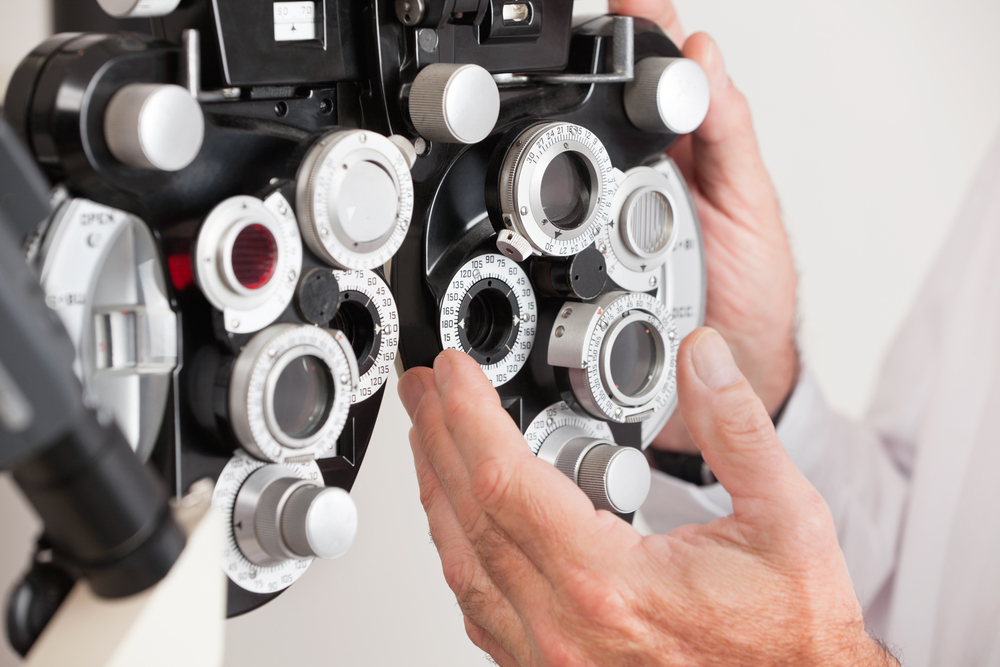
When you think of an eye exam, you might envision reading off a chart to check your visual acuity. However, specialized ocular health testing encompasses a range of procedures designed to evaluate different aspects of your eye health. These specialized tests can help in diagnosing diseases and conditions that might otherwise go unnoticed until they become more severe.
The Importance of Specialty Ocular Testing
Specialized ocular tests are a proactive approach to maintaining your ocular health, often identifying issues before symptoms occur. This early detection can be the difference between a manageable condition and one that results in permanent vision loss.
Specialized ocular tests can also monitor the progression of known conditions, such as glaucoma or macular degeneration. By regularly assessing the health of your eyes, your doctor can adjust your treatment plan as needed, potentially slowing, or halting the progression of these diseases. It's a way of staying one step ahead, giving you the best chance to preserve your vision.
Specialty ocular testing also plays a significant role in tailoring treatment to individual needs. Since everyone's eyes are unique, these tests provide the detailed information necessary to create personalized care strategies. Whether it's determining the right prescription for corrective lenses or planning for surgical procedures, specialized testing ensures that your eye care is as individual as you are.
Different Types of Specialized Ocular Health Tests
Visual field testing is a critical component of specialized ocular health testing. It measures the full horizontal and vertical range of your vision, identifying any blind spots that may be present. This type of testing is particularly important for detecting glaucoma, as this disease often affects peripheral vision first. The test involves looking into a machine and indicating when you see lights flash in your peripheral vision, allowing your eye care professional to map out any areas where your vision may be compromised.
Optical Coherence Tomography, or OCT, is like an MRI for your eyes. It uses light waves to take cross-section pictures of your retina, the layer of tissue at the back of your eye that is responsible for processing visual information. OCT can detect changes in the retina's thickness, which can be an indicator of diseases such as age-related macular degeneration or diabetic retinopathy. This test is non-invasive and can be completed quickly, making it an invaluable tool in the arsenal of specialized ocular assessments.
Corneal topography maps the surface curvature of your cornea, the clear outer layer at the front of your eye. This test is essential for diagnosing and managing conditions such as keratoconus, where the cornea becomes thin, and cone shaped. It's also invaluable for planning refractive surgery, such as LASIK, and for fitting contact lenses, especially if you require specialized lenses due to irregular corneal shape.
Maintaining Optimal Vision and Eye Health
The field of specialized ocular health testing is ever evolving, with new technologies and methods constantly emerging. Maintaining healthy vision is an ongoing journey. With the help of specialized ocular health testing, you can navigate this path with confidence, knowing that you're taking all the necessary steps to safeguard one of your most valuable senses.
Schedule regular specialized ocular assessments to keep your vision sharp and clear for years to come, visit Dau Family Eye Care at our office in St. John’s, Florida. Please call 904-713-2020 to book an appointment today.





